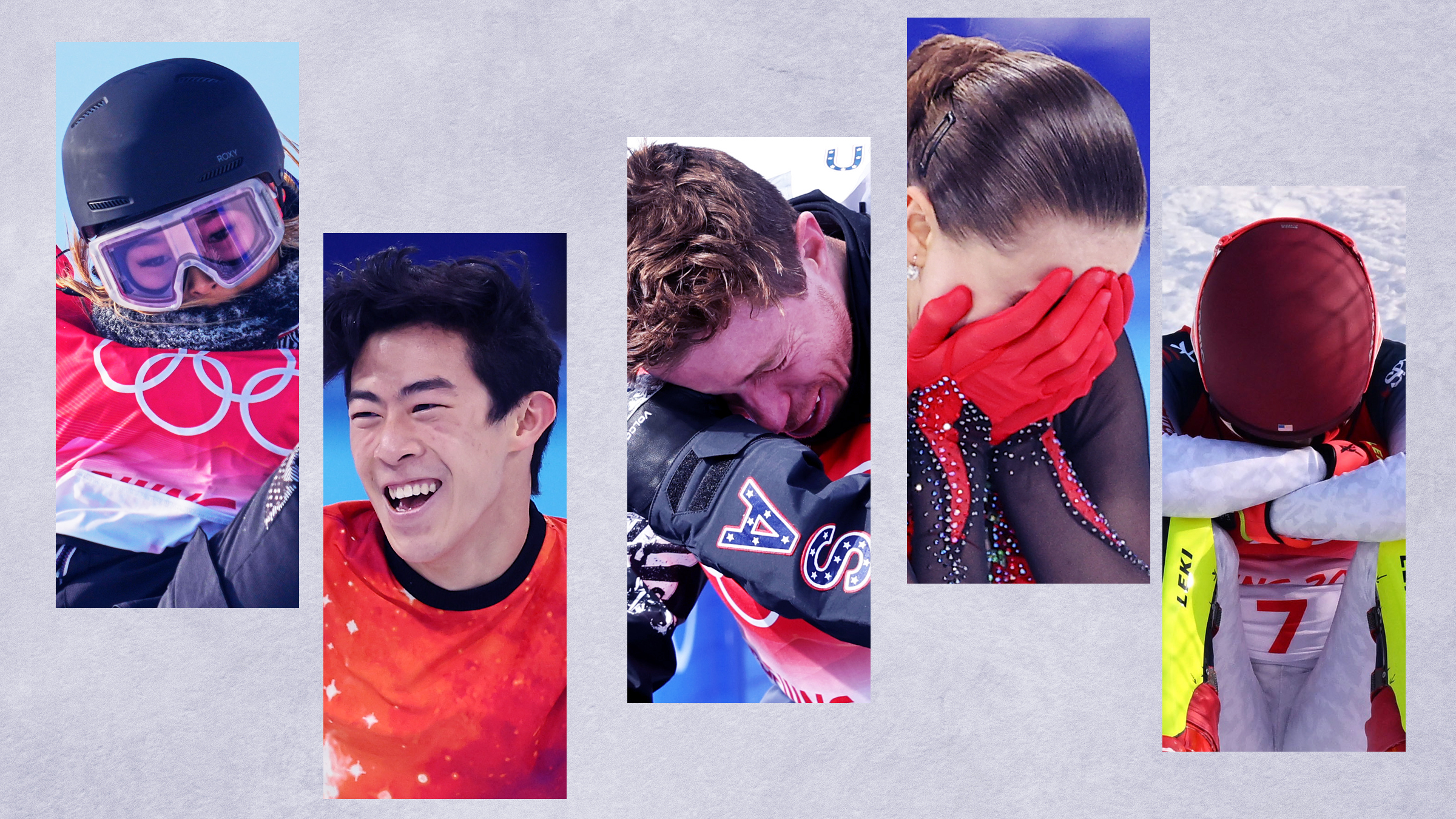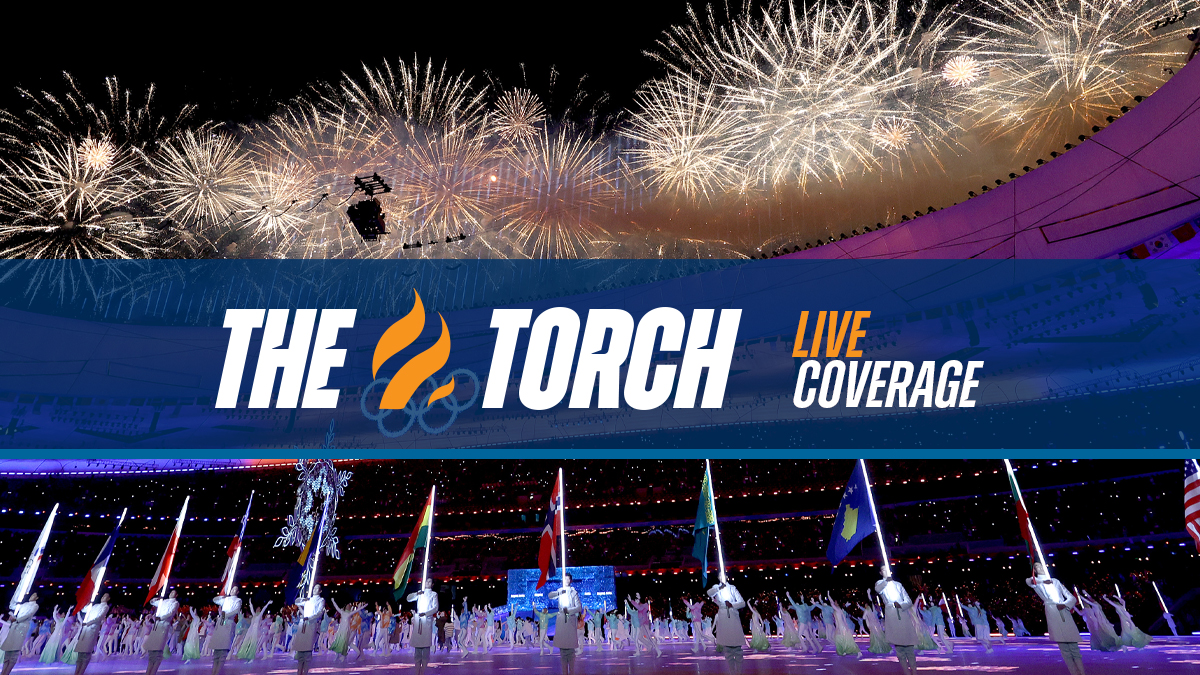Viewers tuning into the Winter Olympics will likely notice a group of athletes who will be competing not under their own flag, but rather under the iconic five-ring Olympic banner, and there is a specific reason why.
Those athletes are competing under the name of the “Russian Olympic Committee,” or ROC for short. That's because Russia received a two-year ban from the World Anti-Doping Agency in 2019 for its state-sponsored doping program. Between Dec. 17, 2020, and Dec. 17, 2022, no athlete can represent Russia at the Olympics, Paralympics or World Championships.
WATCH ANYTIME FOR FREE
>Stream NBC10 Boston news for free, 24/7, wherever you are. |
The ban was originally set to last four years, but the Court of Arbitration for Sport reduced it to two years.
The years-long doping scheme was first revealed in 2016 by a whistleblower and included at least 15 medal winners from the 2014 Olympics, held in Sochi, Russia.
Get updates on what's happening in Boston to your inbox. Sign up for our >News Headlines newsletter.
In 2017, the International Olympic Committee suspended Russia. After an appeal by several Russian athletes who were not linked to the scheme, the Court of Arbitrations for Sport allowed Russian athletes to participate in global competitions as neutral competitors. At the 2018 Winter Olympics in PyeongChang, Russian athletes who passed drug tests competed under the "Olympic Athletes from Russia," or OAR, delegation.
Russian officials have long denied wrongdoing in connection with the case.
Beijing 2022 Winter Olympics
Watch all the action from the Beijing Olympics live on NBC
As part of the sanctions, ROC team uniforms cannot contain the Russian flag, but are allowed to be based on Russia’s national colors. If their uniforms say “Russia,” they must also include “neutral athlete” or something equivalent in the same size.
The Russian flag also cannot be flown in an official capacity at the Games and the national anthem can't be played. Any Russian athlete that wins a gold medal during the Olympics will see the Olympic flag raised and hear Russian composer Pyotr Tchaikovsky’s Piano Concerto No. 1 will play at medal ceremonies.
Despite the sanctions and scrutiny, two OAR athletes failed doping tests at the 2018 PyeongChang Olympics and were later punished, including men’s curler Alexander Krushelnitskiy, who failed his test after winning a bronze medal in mixed doubles. He was suspended for four years, and he was stripped of his bronze medal.
The 2022 Games in Beijing will mark the final Olympics that the Russian athletes will have to compete under the “ROC” banner.




